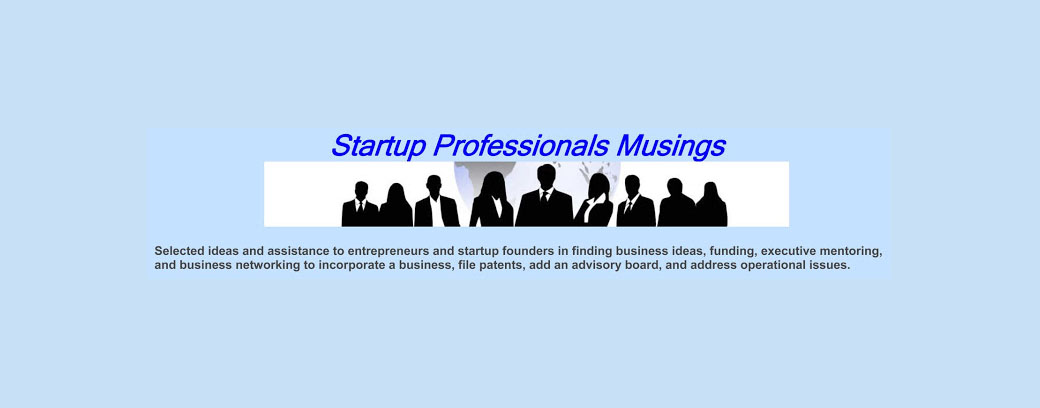How To Pick A Startup Model To Match Your Motivation

Being an entrepreneur seems to be one of the most popular lifestyle aspirations these days. According to most definitions, anyone who starts a business is an entrepreneur, but most people don’t realize there are many startup types out there, and picking the wrong one can be just as disastrous as being stuck in a cubicle at work, or doing things with no interest and no skills.
In my view, this mismatch of motivation to your business model is the primary reason that 70 percent or more of startups ultimately fail, and an even higher percentage of employees are dissatisfied at work. Thus it behooves every entrepreneur to pick the startup model that best matches their real motivation. Here are six considerations to get you started on the right startup:
1Invented a solution to a painful existing problem. You have proven that you can create an innovative product, but creating a business is a whole new challenge. The old adage of “if we build it, they will come” doesn’t work anymore. Every business needs marketing, distribution, a positive revenue model and intellectual property to survive. You won’t be a successful and happy entrepreneur if you aren’t motivated to build a business.
2Aspire to be in control of your own domain. There are many business types that don’t assume any new invention or service, such as franchising, multi-level marketing (MLM) or freelancing. These do require business management and execution skills, as well as the discipline to manage yourself. Just don’t look for an investor to fund your efforts here, since investors will likely be tougher bosses than corporate managers.
3Looking for a path to dramatically increase your income. This is a tough one, since most of the overnight startup successes I know took six years or more. Franchises and consulting businesses have an earlier and higher success rate, but typically have a lower return. With new products and services, you can hit the jackpot, but many struggle or fail.
4Trying to fulfill family or peer expectations. Don’t try to be an entrepreneur just to prove something to a loved one, friend or sibling. There are no business types that work well here, except maybe an existing family business that is already successful. If you must proceed, at least pick something you love, or a social cause to benefit society.
5Seeking a new career challenge to follow an existing success. If you have a comfortable position from a previous success, and are not looking to retire, a great business is to share your expertise and experience through consulting. Another great learning opportunity and win-win deal is to co-founder a new high-tech startup team.
6Fulfill your legacy and responsibility to society. Environmental startups and non-profit businesses are just as challenging as the next disruptive technology startup, and just as likely to change the world. Leaving a personal legacy is a great motivator to switch to entrepreneurial work, if you have that passion and determination.
No matter which of the entrepreneur business models you choose, don’t expect the work to be easier than a corporate job. In fact, most successful entrepreneurs would argue just the opposite. Success in any entrepreneur role requires a serious commitment, determination and learning from setbacks. Switching business models is not usually a shortcut to success and happiness.
I often recommend to aspiring entrepreneurs that they first take a job with another startup in the same realm as the one they envision to get some practical insight into the challenges, make contacts and learn more about their own motivations. Then take the big step of starting your own business, with fewer surprises, some good connections and likely more accumulated savings.
Overall, it is important to remember that happiness breeds success more often than success breeds happiness. Every aspiring entrepreneur should play to their strengths and interests, rather than listen to all the well-meaning advice you will hear from friends and experts. The exciting part about being an entrepreneur is that you can tailor the role to match your real motivations.
*** First published on Entrepreneur.com on 5/1/2015 ***
As read on Startup Professionals Musings.